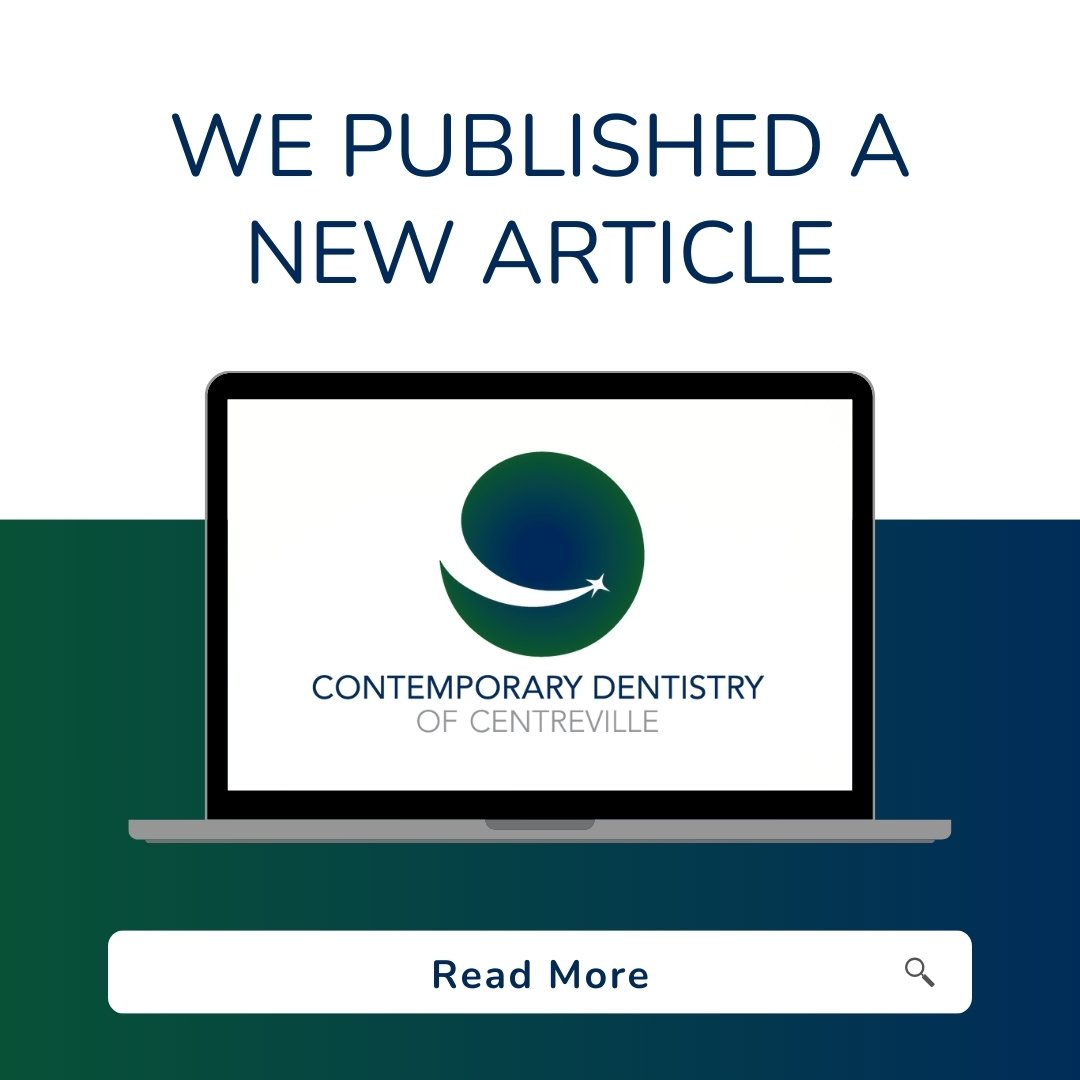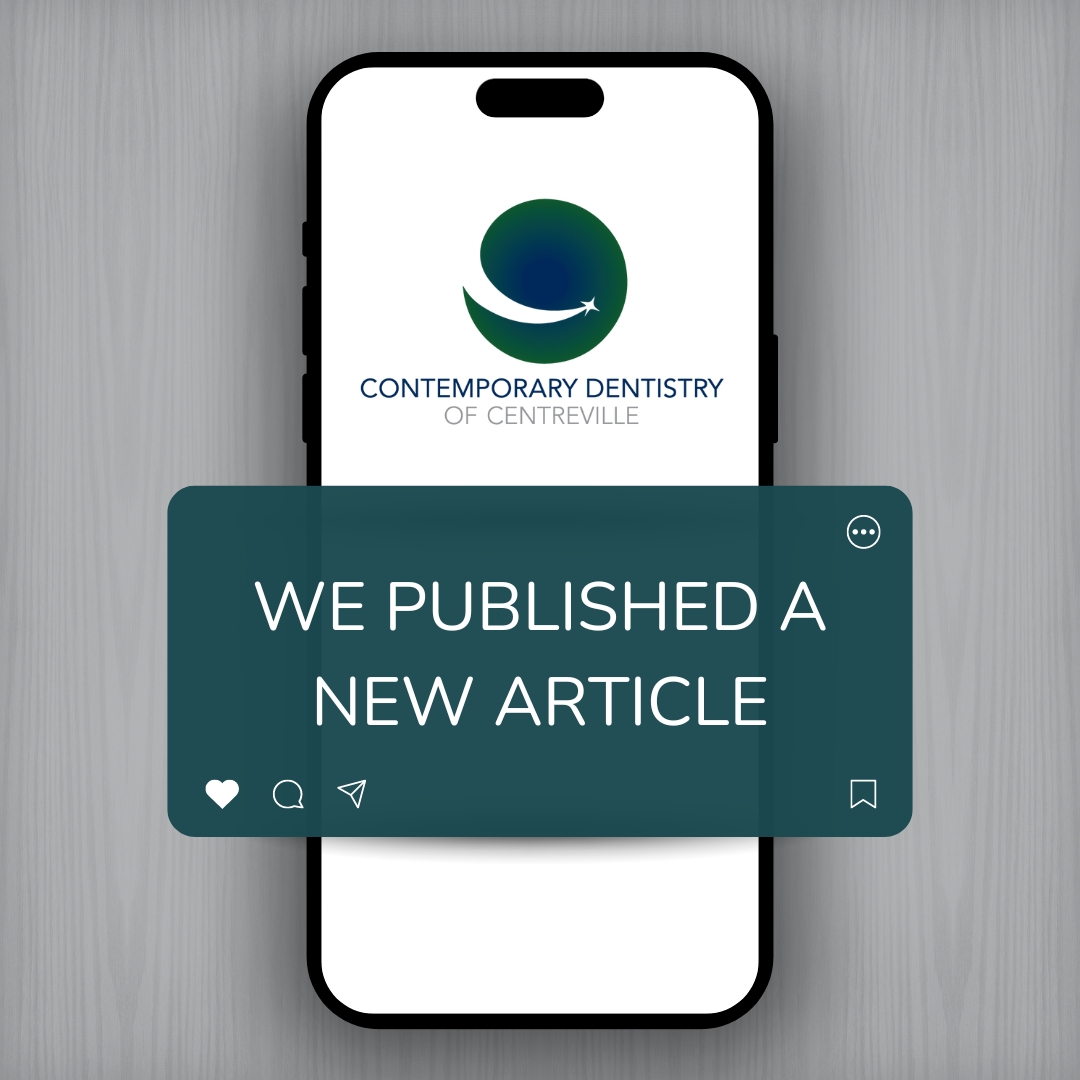
YOU’VE HEARD OF being tongue-tied, but what about lip-tied? Both are actually legitimate medical conditions, and the culprits are pieces of tissue in our mouths called frenula.
Tongue Ties And Lip Ties
We all have a frenulum (or frenum) that connects our upper lips to our upper gums, one that connects our lower lips to our lower gums, and one that connects our tongues to the floors of our mouths. Normally, they are all thin and highly elastic, allowing free movement of our lips and tongues. If someone is literally tongue-tied, it means the lingual frenulum (the one under the tongue) is large enough to restrict the movement of their tongue, causing difficulties with speech, chewing, and swallowing.
Having a “lip tie,” on the other hand, means one of the labial frenula is so thick and/or tight that it restricts movement of the lip it’s attached to. Being lip-tied can lead to problems such as a large gap between the teeth, gum recession, and, in infants, not being able to latch while breastfeeding.
What Can We Do About It?
Luckily, a simple surgery called a frenectomy can reduce or remove an abnormal frenulum. Now, don’t let the word “surgery” scare you off. A frenectomy is definitely worth considering for anyone with these frenulum-related problems, particularly if they’re experiencing pain or discomfort.
Frenectomies are relatively quick procedures with short healing times. Periodontists (dentists who specialize in working with the gums) and oral surgeons are normally the ones who perform them. The way it works is that the doctor will numb the area and make a small incision in the frenulum to make it smaller or remove it. Alternatively, the procedure could involve laser surgery, where the doctor removes the frenulum with a laser. Either way, that pesky lip tie or tongue tie will be gone!
Let’s Take Care Of That Frenulum
For the majority of people, frenulums will never be a problem. If you think any of yours might be thick or tight enough to cause the above problems, schedule an appointment with us, and the same goes for your children if they seem to have these problems. We can take a look and see if a frenectomy would be a good option. If it is, then we can recommend a periodontist or oral surgeon to take care of it.




















